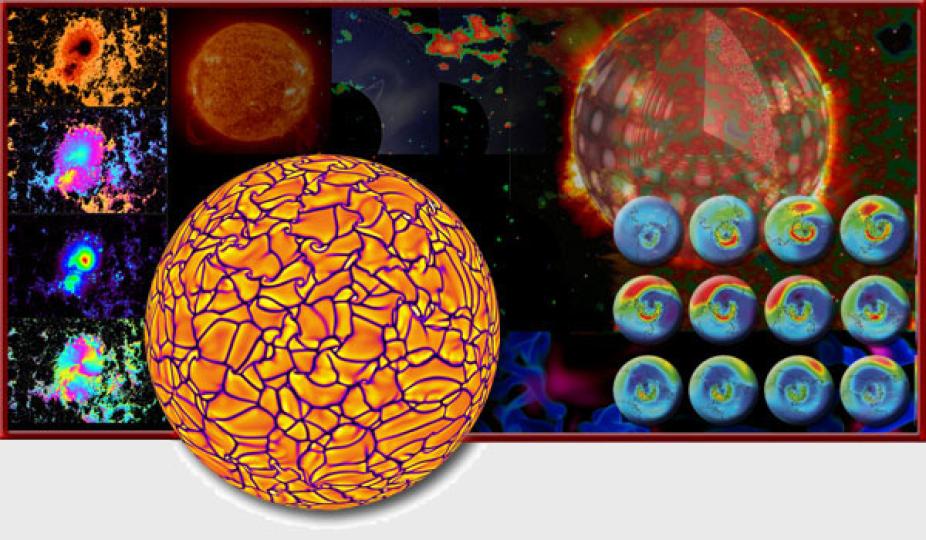Postdoctoral Fellows

HAO offers two-year postdoctoral fellowships to early career Ph.D. scientists interested in theoretical, experimental and observational studies of the Sun and Earth’s upper atmosphere. The HAO postdoc program is closely coordinated with the postdoc program of NCAR’s Advanced Study Program (ASP) and HAO postdocs will receive the same salary and benefits as ASP postdocs.
FIELDS OF RESEARCH
Successful applicants will pursue research, in collaboration with members of the HAO scientific staff, on a wide range of topics, including study of the Earth’s ionosphere, thermosphere, and magnetosphere, observations and simulations of coronal mass ejections, spectro-polarimetric observations and interpretation using HAO instrumentation and data inversion tools, probing solar magnetism through observations and modeling, and instrument development. Projects involving radiative transfer, hydrodynamics, magnetohydrodynamics, radiation hydrodynamics, plasma physics, and other topics are pursued both out of fundamental physical interest and for their application to the above areas of research.
TERMS OF APPOINTMENT
Postdoctoral Fellows are appointed for two years, typically beginning in October; some flexibility is possible on the specific times of arrival and departure. Fellows are expected to work at HAO in Boulder, Colorado, with the exception of time spent participating in field research and observing programs. Fellows will have access to state-of-the-art observational and computational facilities in support of their research. These include the Mauna Loa Observatory in Hawaii and the NCAR-Wyoming Supercomputing Center (NWSC), as well as local Unix workstations, data archives, and libraries at HAO/NCAR.
HOW TO APPLY
See the ASP website for Prospective Applicants: Advanced Study Program (ASP). Applicants should specify HAO as the preferred NCAR unit to be considered for HAO Fellowships and ASP fellowships within HAO. HAO Fellowships will be granted on the basis of proven scientific ability and relevance to HAO research programs.
Further details may be obtained by sending an e-mail to Kathy Peczkowicz (kathyp@ucar.edu) and Dr. Roberto Casini (casini@ucar.edu).